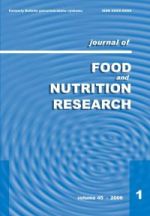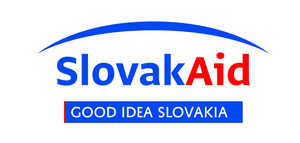Scientific journal
Journal of Food and Nutrition Research
Online First Articles
Stanišić, S. – Dragićević, N. – Kilibarda, N. – Živković, J.
Caffeine content in dietary supplements: hidden risks and implications for public health
Nataša Kilibarda, Department of Pharmacy, Singidunum University, Danijelova 32,
Short communication
Received 20 February 2024; 1st revised 12 June 2024; accepted 15 July 2024; published online 22 August 2024
Summary: The rising popularity of dietary supplements, especially those marketed for weight loss and athletic performance, has generated significant concerns due to their caffeine content. This study aimed to investigate the discrepancies between declared and actual caffeine content in 16 dietary supplements, which are widely available in stores and targeted to physically active population and professional athletes. Caffeine levels were measured using UV-Vis spectrophotometry at a maximum wavelength of 274 nm. The obtained values were then compared against the declared caffeine content on the selected product labels. The results were supported by a comparative review of relevant literature sources and discussed within the broader context of caffeine supplement use and its public health implications. Our study revealed notable inconsistencies in caffeine content, with several products containing by up to 149 % more caffeine than the amount declared. Our research suggested that while caffeine contents are often higher than declared, capsules of pure caffeine emerge as a more reliable option compared to powdered supplements and energy shots, which carry a higher risk of overdosing. We emphasize the need for stricter regulations and enhanced quality control in the manufacturing of dietary supplements, especially those marketed towards active individuals and athletes.
Keywords: caffeine; dietary supplement; public health
Download:
(pdf, 312.22 Kb, 270x)










